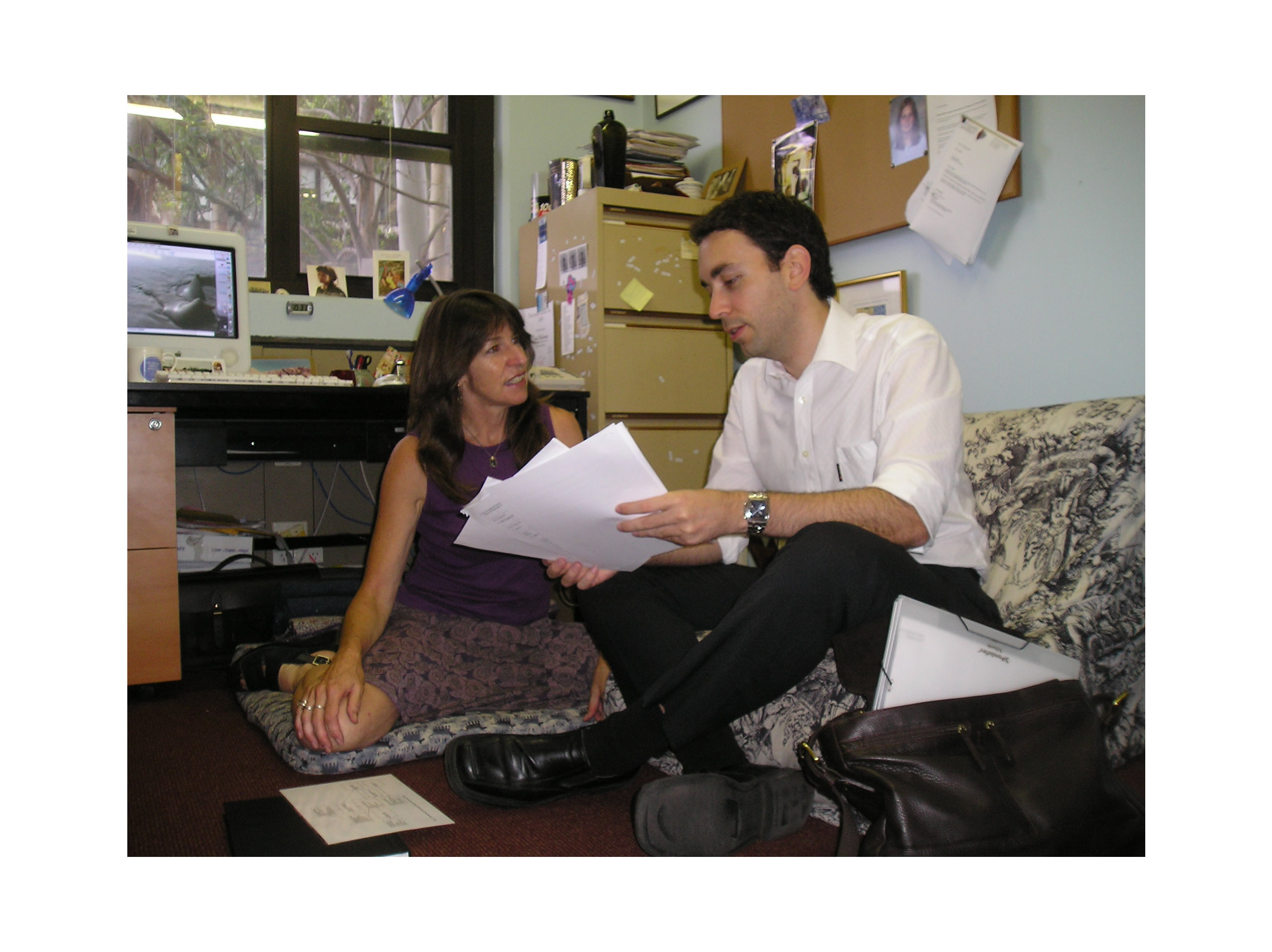|
Title: Psychotherapists' handling of sexual attraction to clients: A grounded theory
Doris McIlwain
My early training in psychology at Otago, NZ, encouraged me to pursue the questions that interested me and find the methodology that enabled me to ask those questions. I found it hard to get support for qualitative methodology within academe and left unanalysed a full sampling of open-ended questions to Rajneeshi devotees in New Zealand while teaching at Auckland University. By the time I was doing a PhD at University of Sydney, I was driving round the far-flung reaches of NSW administering questionnaires to people involved in New Religious Movements. I left a few open-ended questions, but there was still no ready way to approach this in my mentor network. My fascination with the words as they are spoken (and by whom) in my psychoanalytic training meant that I became a default qualitative supervisor in my position in Psychology at Macquarie University. I learnt from the many students I have worked with who have pursued questions not amenable to laboratory study, or where theory and evidence was too thin on the ground for a testing of details. They asked questions about what therapeutic success might be, how people are prepared to see personality in bodies, how migration from South Africa impacted on individuals and couples, how refugees arrived psychologically in Australia, how letters might enhance therapy, how masculinity is viewed, what expertise is seen to be in therapy now, and, with Anthony, how people try to handle and navigate sexual attraction to clients. We saw how letting the data speak, by bracketing our hunches and hypotheses, is a rich source of theory generation. We found ways of 'cooking' so that the specific findings let more abstract categories emerge, and their inter-relations form the start of a theory. I like the freshness and excitement of such work alongside my more statistical research, teaching, psychotherapy, pottery, poetry and yoga.

|